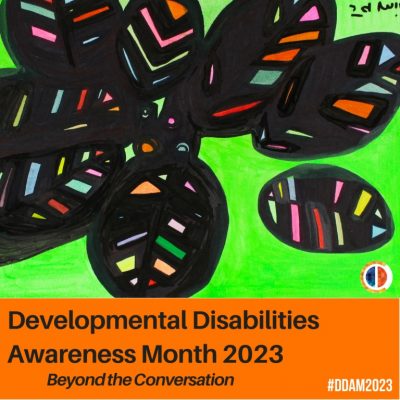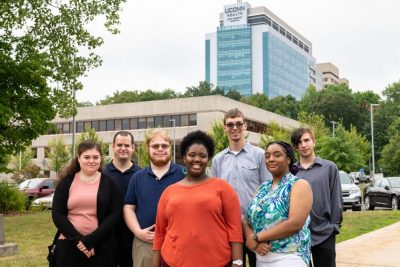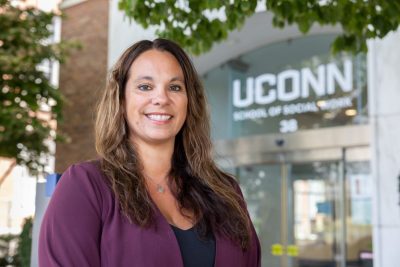The World mourns the passing of Judy Heumann, Disability Rights Activists 
Judith “Judy” Heumann—widely regarded as “the mother” of the disability rights movement—passed away in Washington, D.C. on the afternoon of March 4, 2023. Judy was at the forefront of major disability rights demonstrations, helped spearhead the passage of disability rights legislation, founded national and international disability advocacy organizations, held senior federal government positions, co-authored her memoir, Being Heumann, and its Young Adult version, Rolling Warrior, and was featured in the Oscar-nominated documentary film, Crip Camp: A Disability Revolution.




